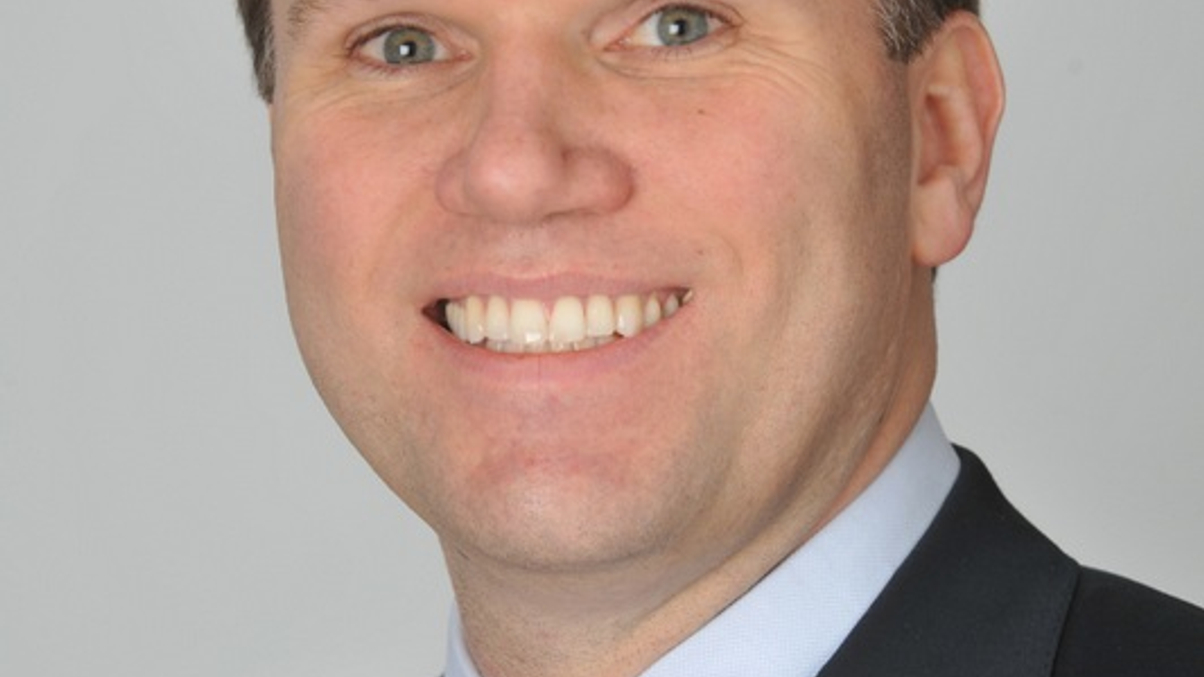Ashmore underlines client demand after RQFII award
The emerging markets fund house underlines the scheme’s appeal after becoming the first manager outside of Hong Kong to gain an RQFII licence.

Emerging markets fund house Ashmore says strong client demand was behind its move to obtain an RQFII licence to access China’s onshore securities market.
Sign in to read on!
Registered users get 2 free articles in 30 days.
Subscribers have full unlimited access to AsianInvestor
Not signed up? New users get 2 free articles per month, plus a 7-day unlimited free trial.
¬ Haymarket Media Limited. All rights reserved.


